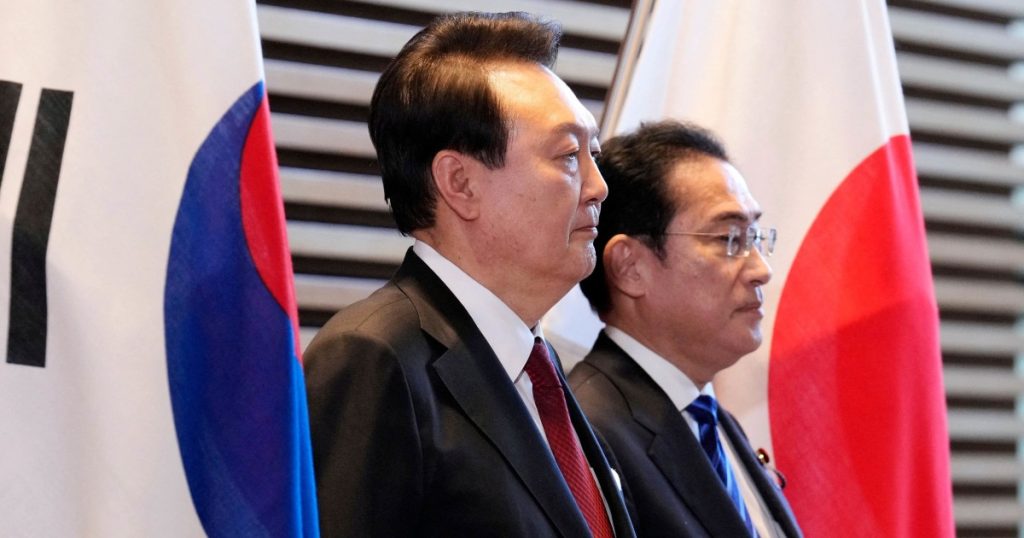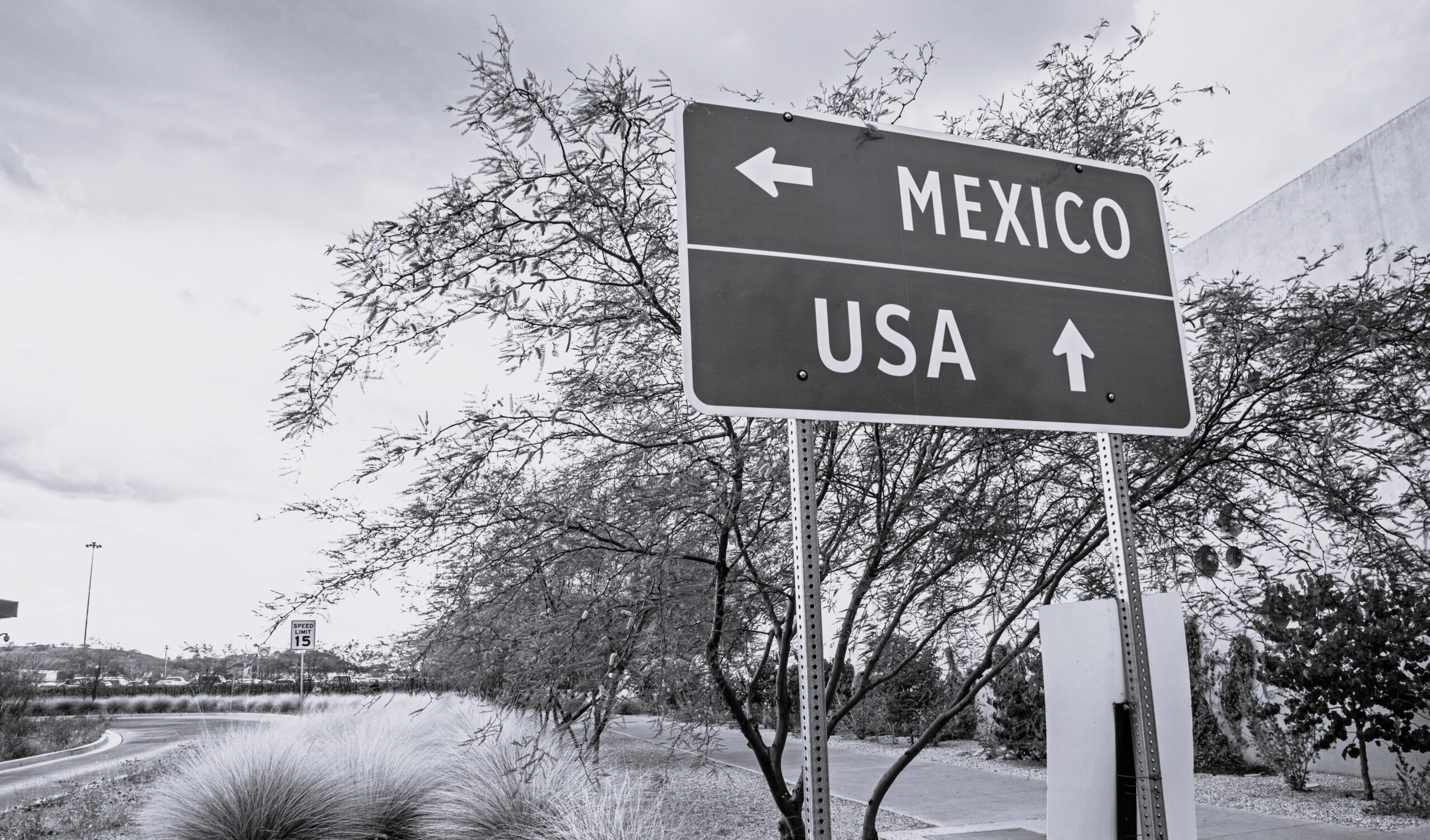Hours before the summit began, South Korean Trade Minister Lee Chang-yang said that Japan had agreed to lift export controls on South Korea following talks this week, and that South Korea will withdraw its complaint to the World Trade Organization once the curbs are removed.
Japan and South Korea have long had disputes over the 1910-1945 Japanese colonization of the Korean Peninsula and atrocities during World War II, which included forced prostitution of “comfort women” for Japanese soldiers, and territorial disputes over a cluster of islands. Ties reached a nadir when the South Korean Supreme Court ordered Japanese companies to pay compensation to Korean victims or bereaved relatives in 2018, and Japan imposed trade sanctions on South Korea shortly after.
The Japanese Economy, Trade and Industry Ministry said Japan acknowledged improvement in South Korea export controls during the talks and that as a result of Seoul’s decision to drop the WTO case, Japan decided to drop restrictions against South Korea and restore the country to the status it had before July 2019.
Lee’s ministry said the countries will continue to discuss restoring each other to preferred trade status. The two countries also agreed to begin regular dialogues on economic security, according to Kishida.
The summit comes as a series of dramatic events underscores what Kishida called a “severe security environment.”
Washington will welcome better Japan-South Korea ties, as feuding over historical issues has undermined a U.S. push to reinforce its alliances in Asia. The three countries began joint anti-submarine warfare drills Thursday, joined by Canada and India.
A North Korean missile launch early Thursday, just before Yoon departed for Tokyo, could increase momentum for him and Kishida to move their countries closer diplomatically. The intercontinental ballistic missile was launched on a steep trajectory to avoid other countries’ territory and fell into open waters off Japan’s northern island of Hokkaido. It was most likely intended to send a message both about the summit and the joint military exercises.
China’s dispute with Japan over tiny islands in the East China Sea also heated up Thursday, as both sides accused the other of violating their maritime territory. The summit follows a series of Chinese diplomatic successes in regions traditionally seen as more influenced by the U.S. Honduras announced Wednesday that it would end diplomatic recognition of Taiwan in favor of China, marking progress in Beijing’s efforts to isolate the autonomously governed island, while last week Saudi Arabia and Iran announced a surprise deal to renew diplomatic ties brokered by China.
Kishida and Yoon are to have dinner and informal talks after the summit, according to Kishida’s office. Media reports said Kishida will host a two-part dinner: “sukiyaki” beef stew at one restaurant, then “omu-rice,” or rice topped with omelet — reportedly Yoon’s favorite dish — at another.









